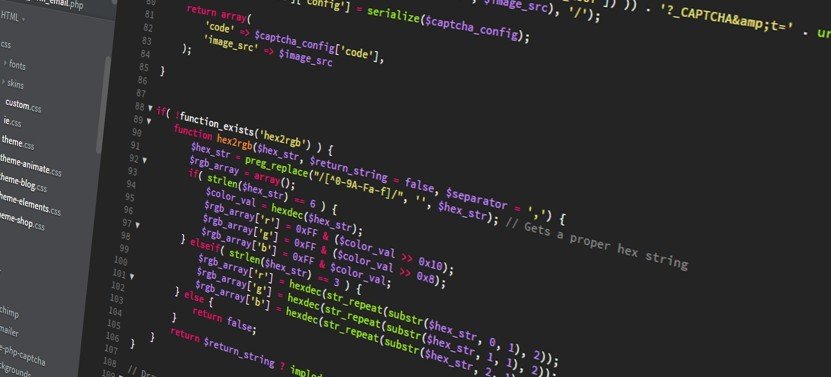
 Let's talk: 0800 464 7969
Let's talk: 0800 464 7969
Nima Nadali
10th April 2023
Flutter, Google's open-source framework for creating beautiful, natively compiled applications, has made a substantial impact on mobile app development. Let's trace the intriguing journey of Flutter's development.
The Flutter project, initially known as "Sky", started at Google in 2015. It was aimed at exploring the possibilities of rendering consistent 60 frames per second (fps) experiences across Android devices. The first version of Flutter was unveiled at the 2015 Dart developer summit.
In May 2017, at the Google I/O conference, Flutter was reintroduced to the world with its Alpha release. This release focused on improving the developer experience, offering hot reload functionality, extensible architecture, and comprehensive widget support.
Flutter's first Beta was unveiled at the Mobile World Congress in February 2018, showcasing its powerful capabilities for iOS and Android development. After several beta releases and immense anticipation, the Flutter 1.0 stable version was launched in December 2018, marking the framework's official entry into the mobile app development arena.
In 2019, at the Google I/O conference, Flutter for web was announced as a technical preview. This initiative aimed to bring Flutter's capabilities to the web platform, enabling high-quality, interactive web experiences.
Furthermore, Google started to explore the potential of Flutter for desktop-class devices, beginning with experimental support for macOS.
In March 2021, Google launched Flutter 2.0, a significant update that extended Flutter from a mobile framework to a portable one. This version brought stable support for web development and introduced early-stage support for desktop, allowing developers to use the same codebase to build apps for mobile, web, and desktop.
Flutter's journey, from its conception to the present, is a testament to its robust design and development capabilities. With its ease of development, beautiful UI, and cross-platform support, Flutter has gained widespread adoption and continues to shape the future of app development.